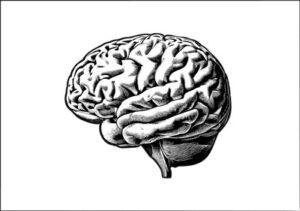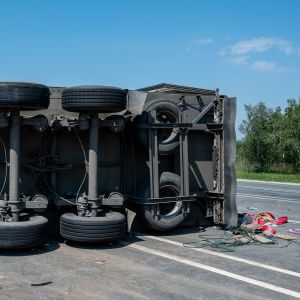
Motor vehicle collisions are very violent occurrences that can result in a variety of damaging consequences for those involved. A collision could break someone’s bones or damage their spinal cord. People involved in motor vehicle collisions could also potentially develop traumatic brain injuries (TBIs).
Despite being among the most severe and expensive injuries possible, TBIs are also misunderstood by many people. Many people who injure their brains in car crashes fail to recognize the warning signs of their injuries. They do not seek out immediate medical support and may have a worse prognosis as a result of that oversight. People unfamiliar with the symptoms outlined below could very easily fail to spot a TBI caused by a motor vehicle collision.
What are the signs of a TBI?
There are multiple reasons why people overlook brain injuries. One is that symptom onset is rarely instantaneous. Frequently, symptoms may start small and slowly worsen. People may also develop completely new symptoms days after their initial injury.
 Another reason why people may overlook TBI warning signs is that there is an incredible assortment of different symptoms possible. Some people notice changes in their sensory perception. The brain expends a lot of energy analyzing incoming sensory information. People with brain injuries may notice that their vision becomes blurry or that they experience ringing in their ears. Some people even report changes in their senses of taste and smell.
Another reason why people may overlook TBI warning signs is that there is an incredible assortment of different symptoms possible. Some people notice changes in their sensory perception. The brain expends a lot of energy analyzing incoming sensory information. People with brain injuries may notice that their vision becomes blurry or that they experience ringing in their ears. Some people even report changes in their senses of taste and smell.
Other times, brain injury symptoms can be physical. People may develop a persistent sense of nausea. They may have chronic or worsening headaches. Brain injuries can affect someone’s sense of balance, the way they walk or even their fine motor skills. Brain injuries frequently cause changes in people’s overall mood or personalities that may seem subtle at first but become increasingly frustrating as time passes.
Immediately after a crash, any sensory changes or a persistent headache could be an indicator of a possible brain injury. Anyone who lost consciousness during a collision may be at particularly high risk of having a TBI. If someone hit their head on the vehicle, if they experienced violent motions or if there was an explosion of any sort, the possibility of a brain injury might make speaking medical evaluation a wise choice. Getting a timely diagnosis can make a major difference for those adjusting to life with a brain injury after a car crash.






